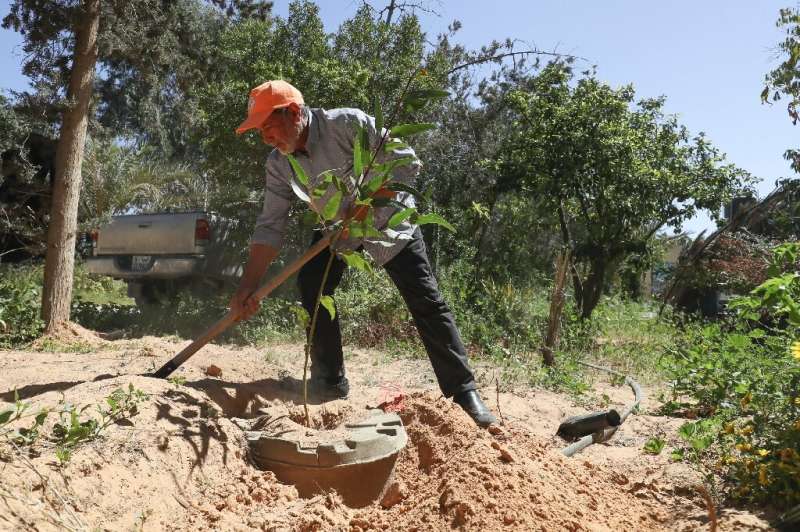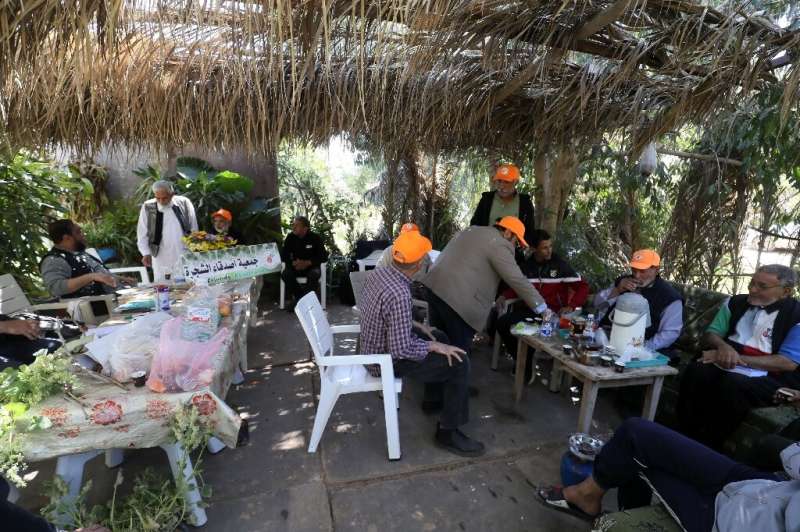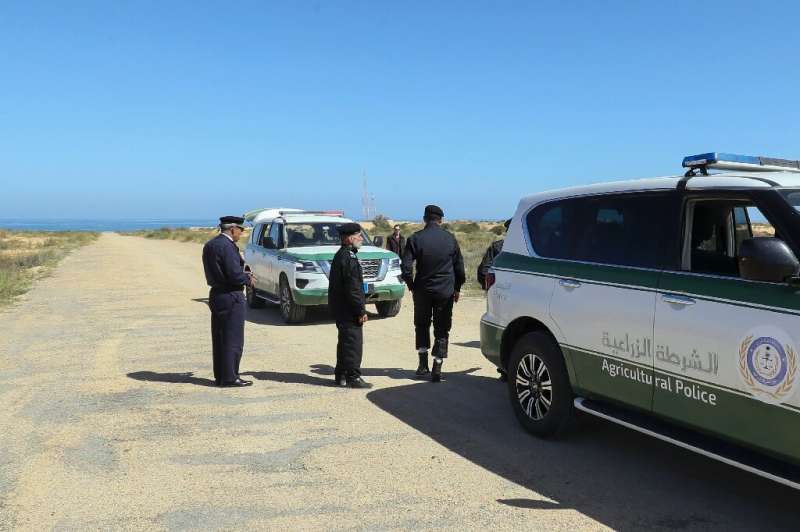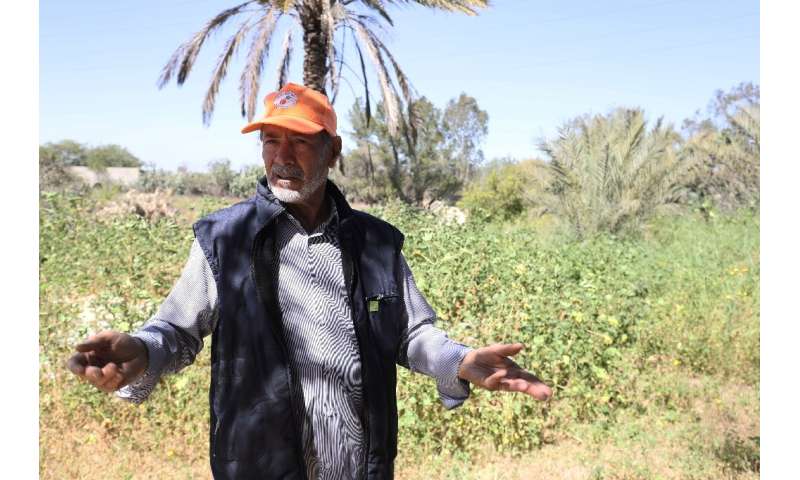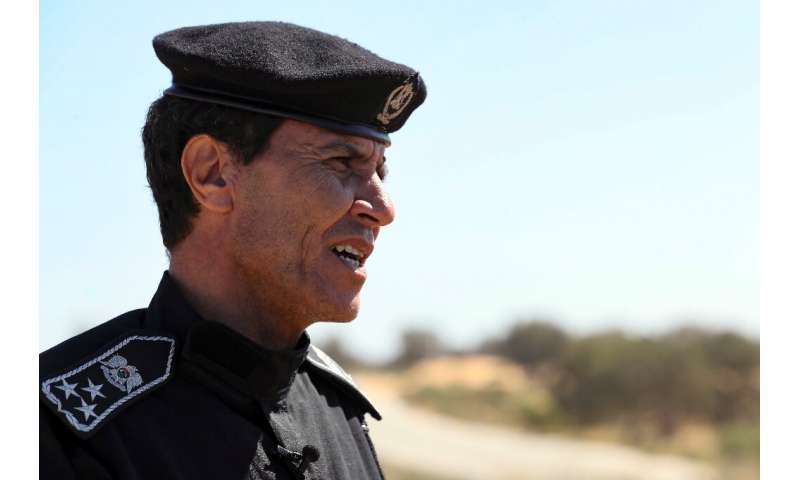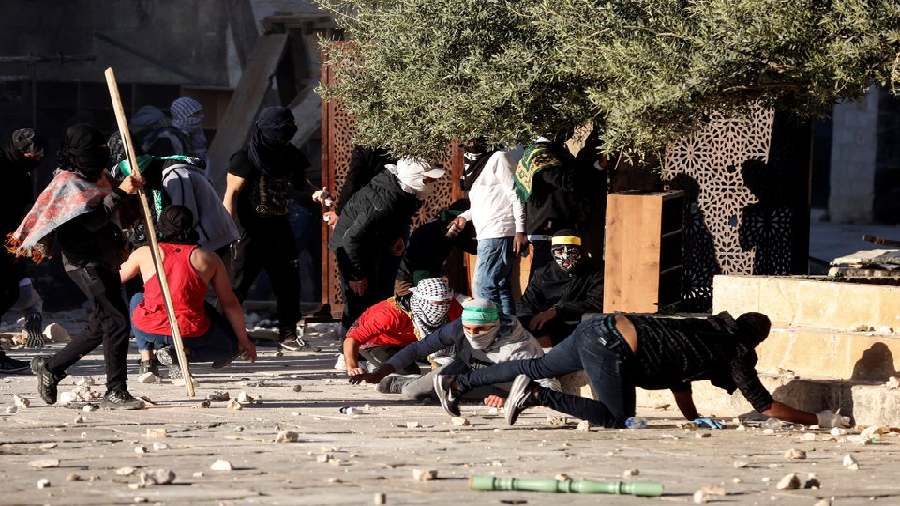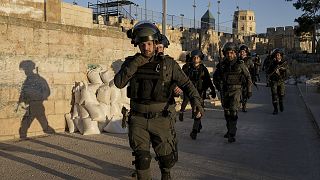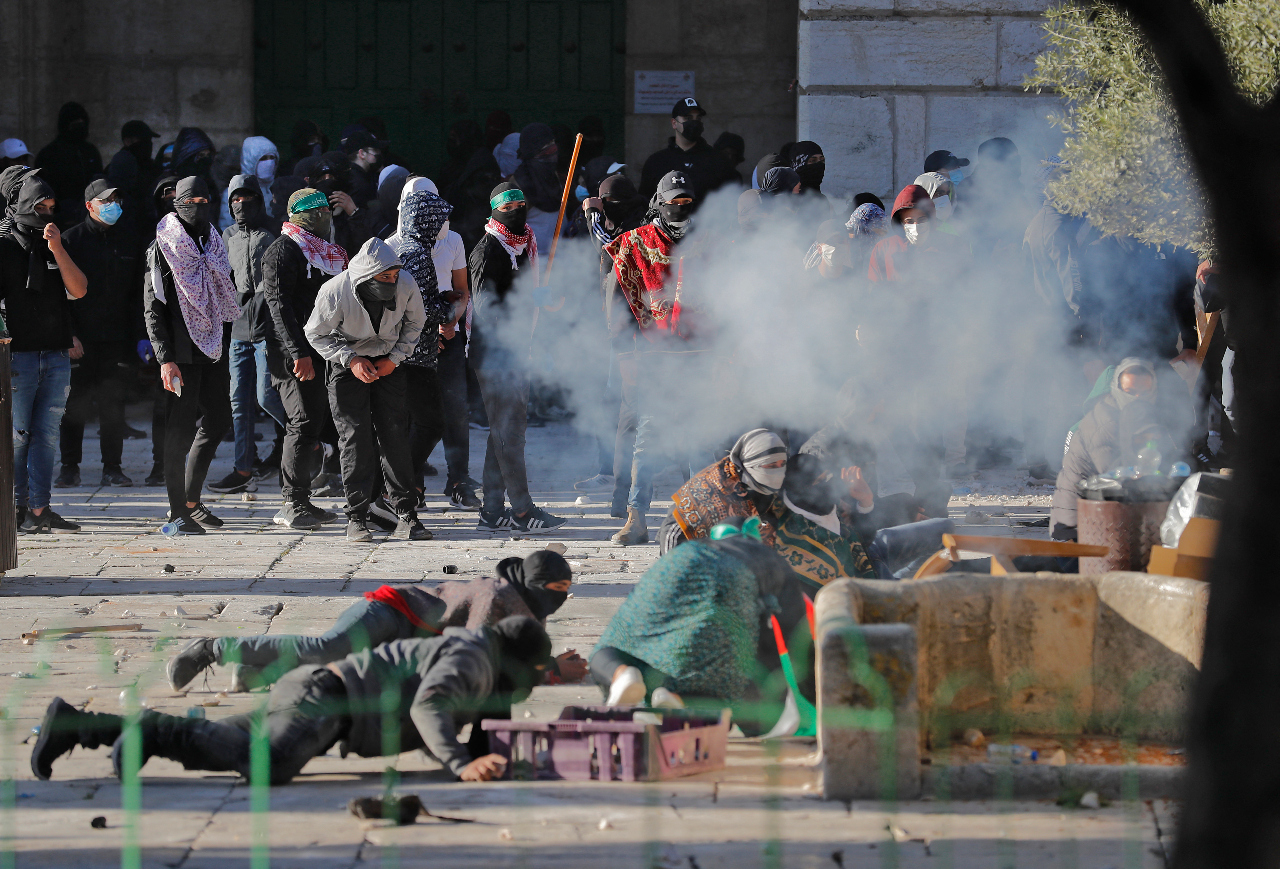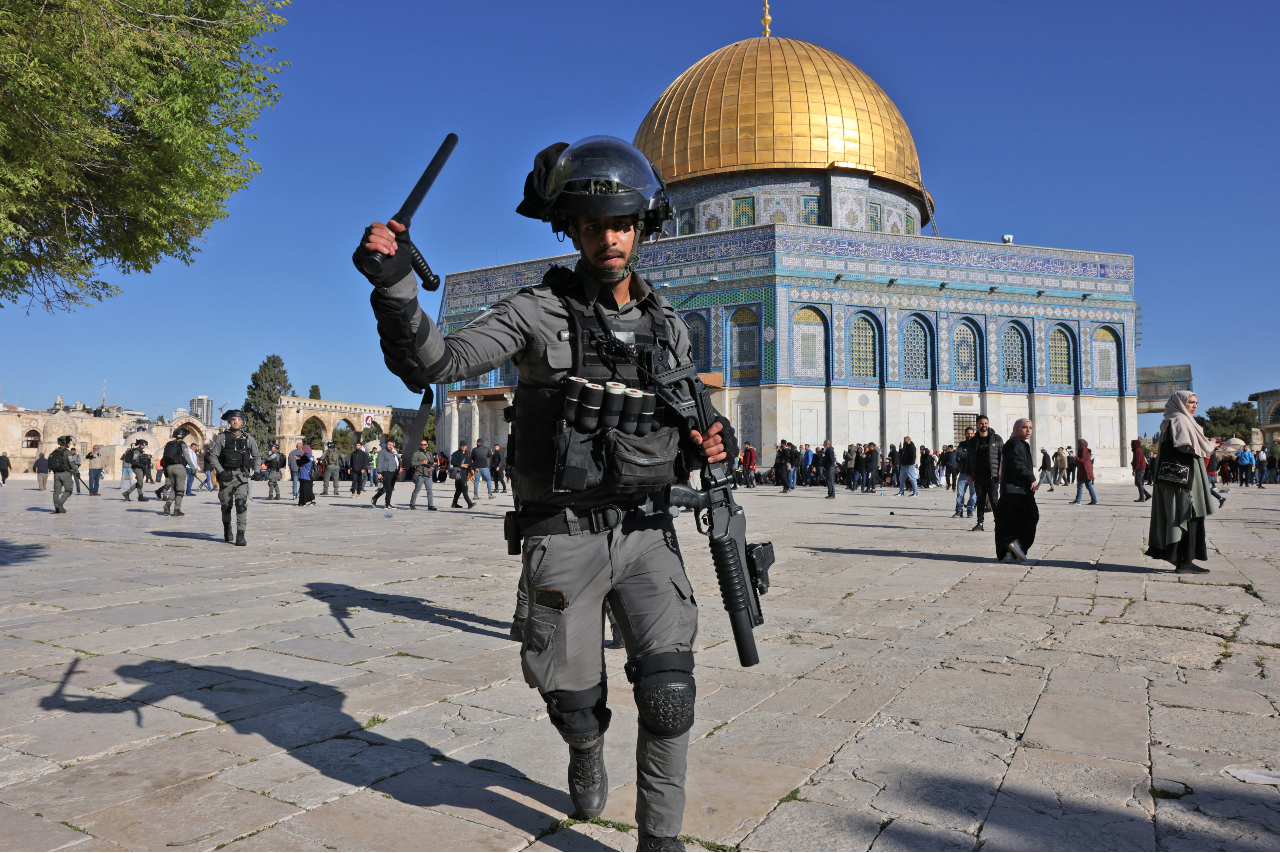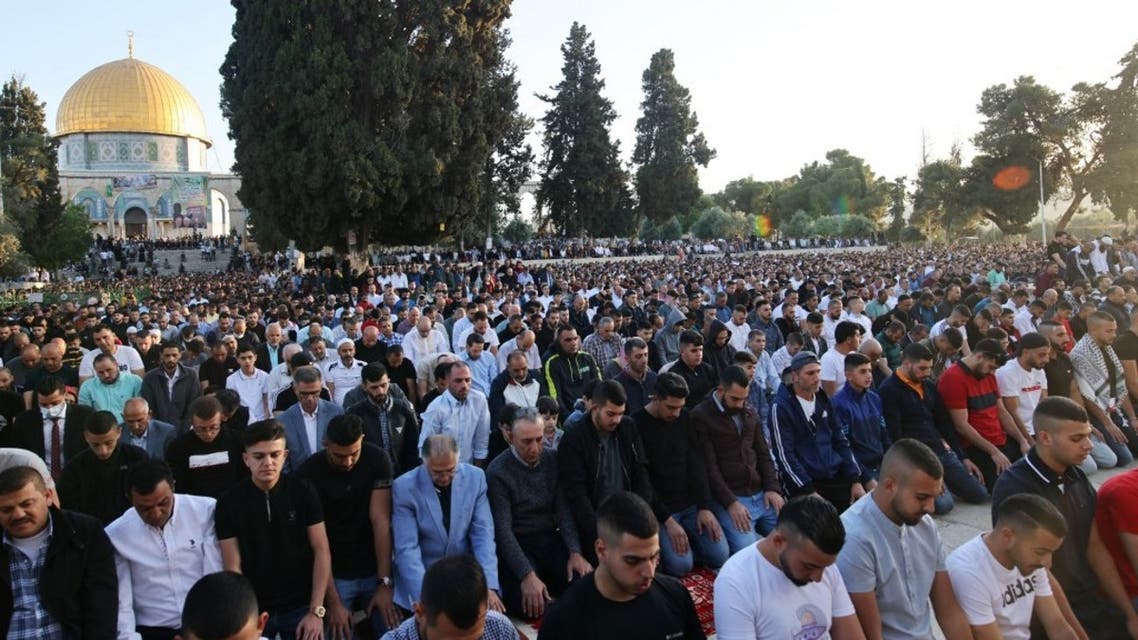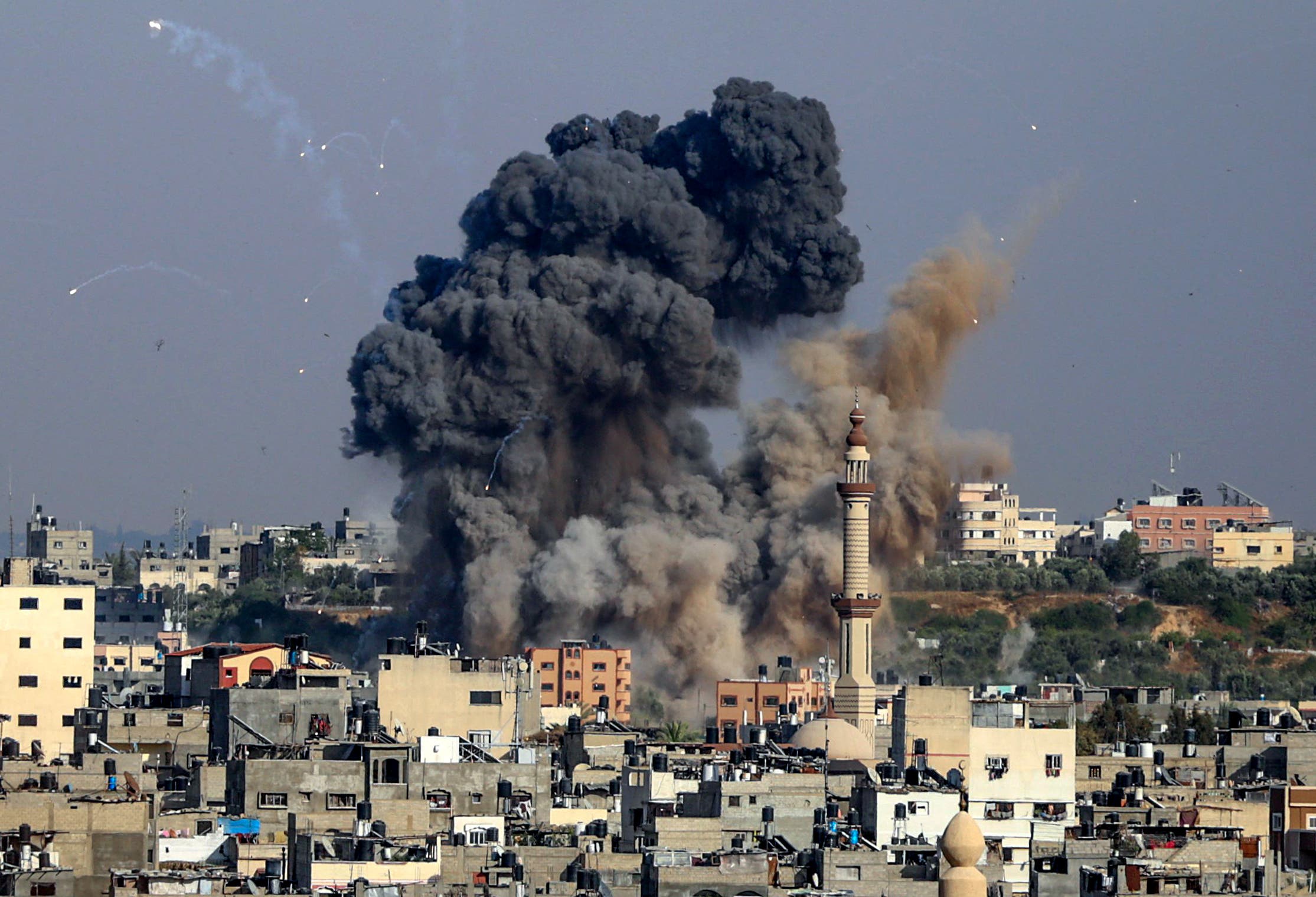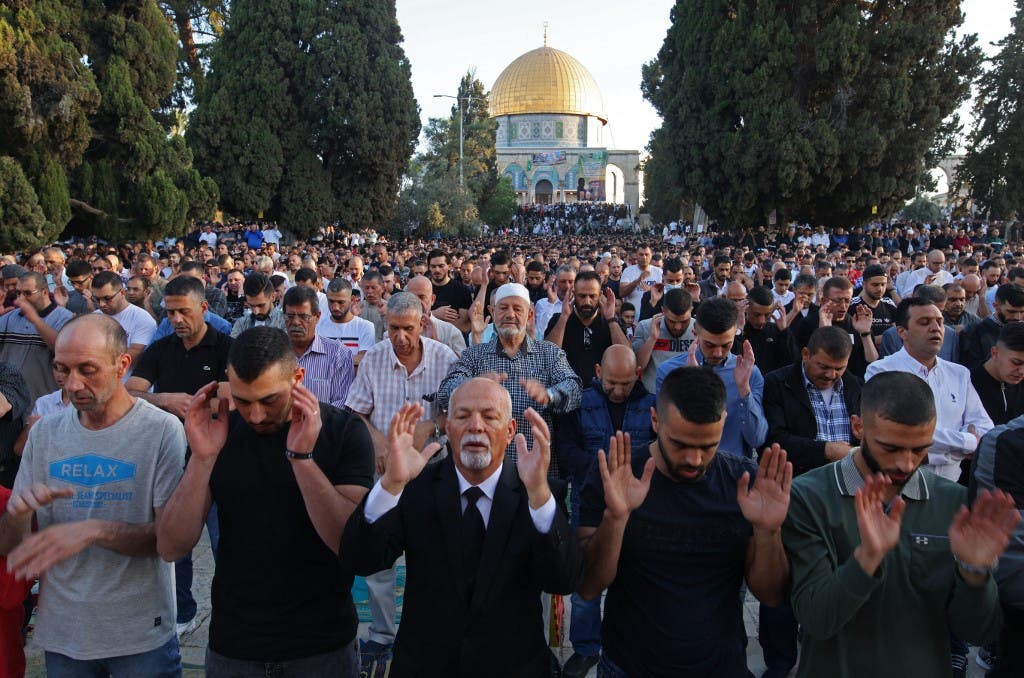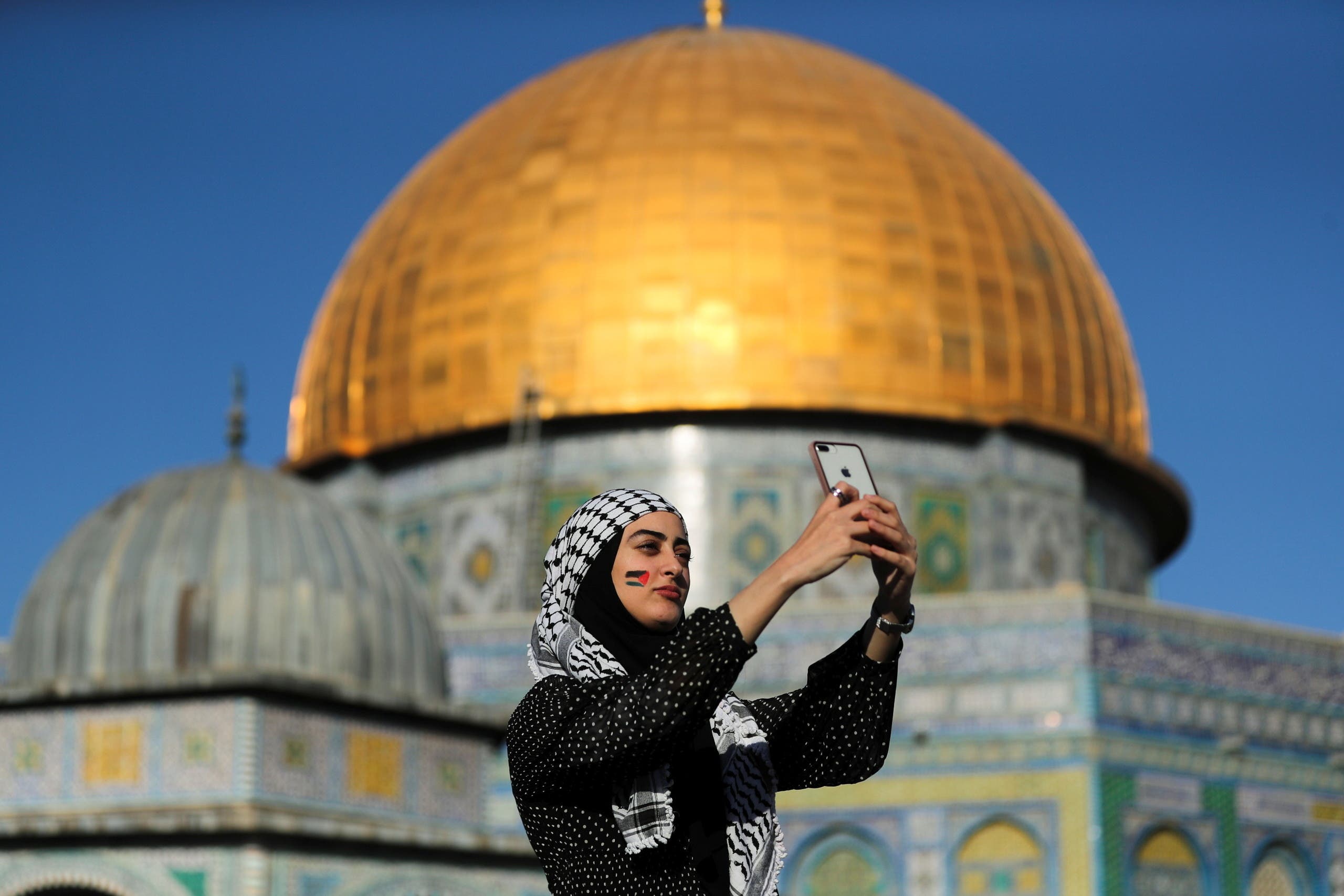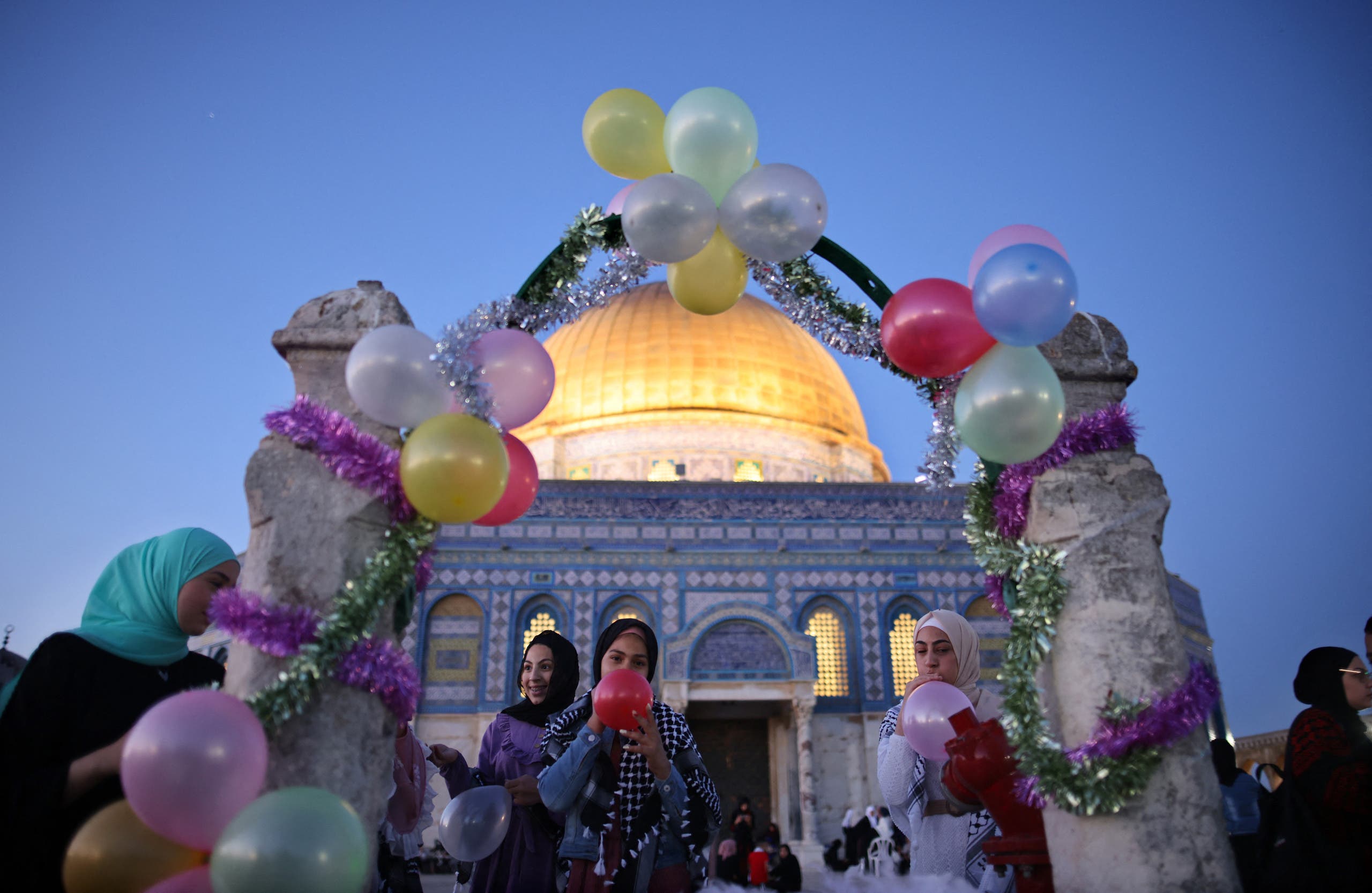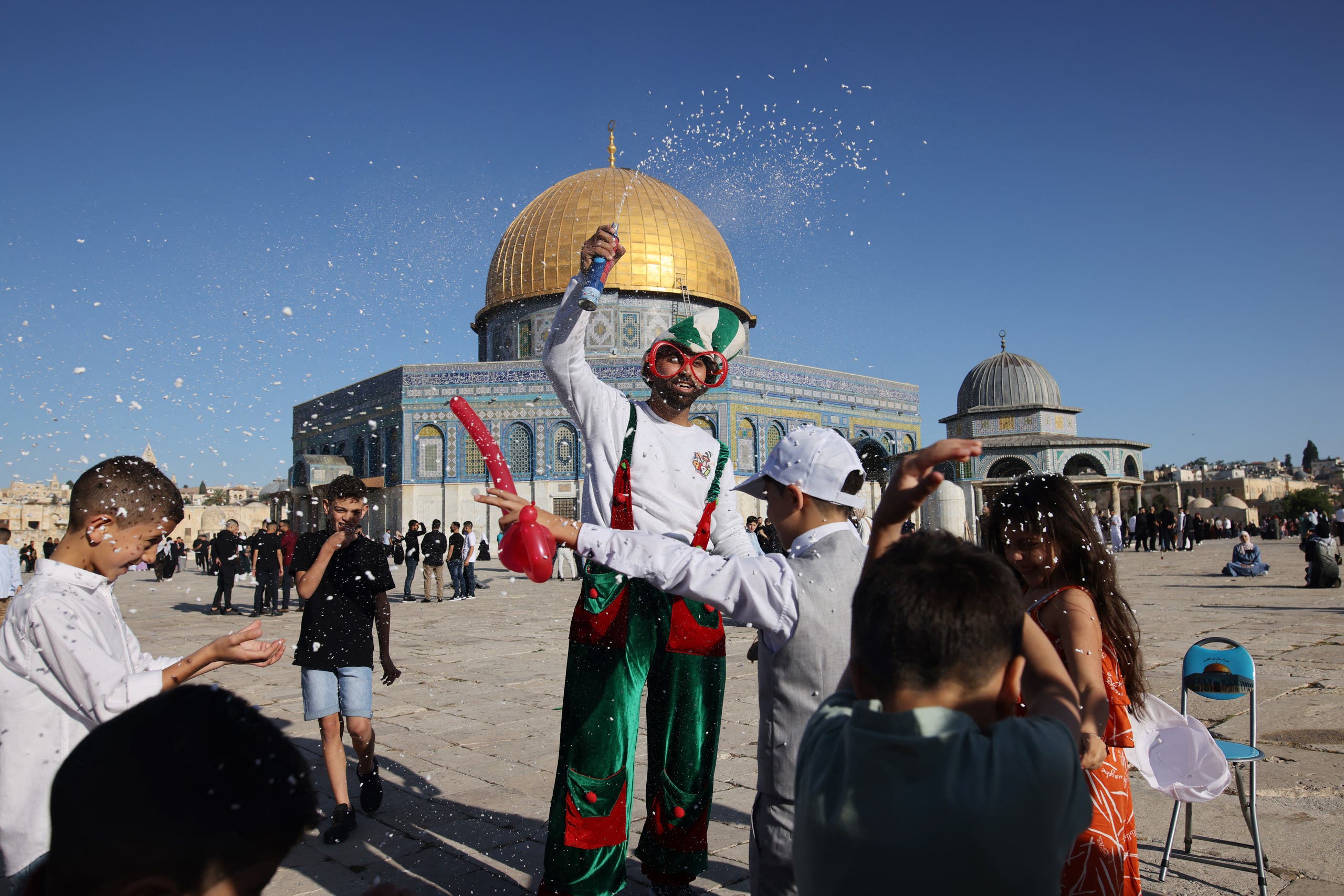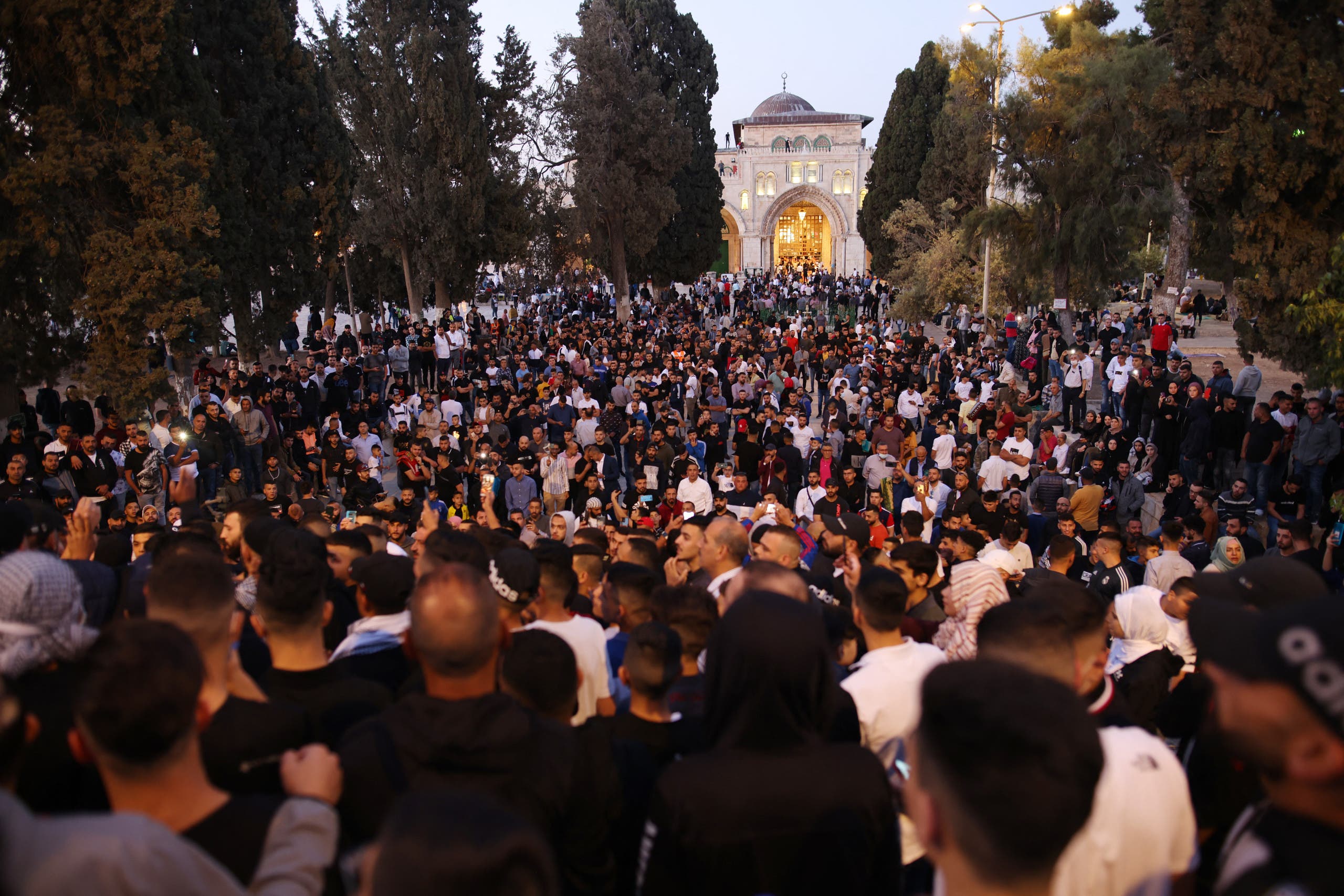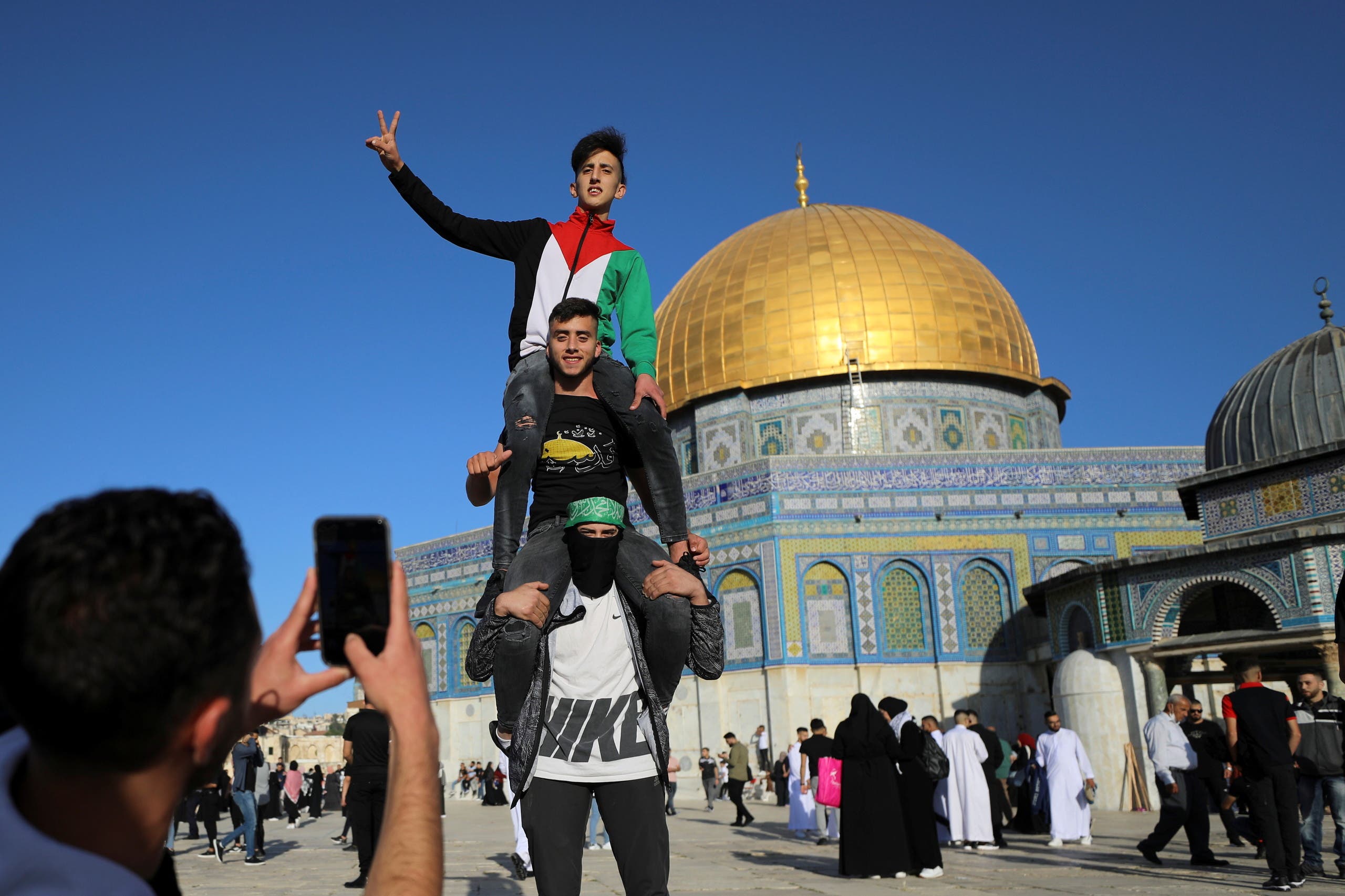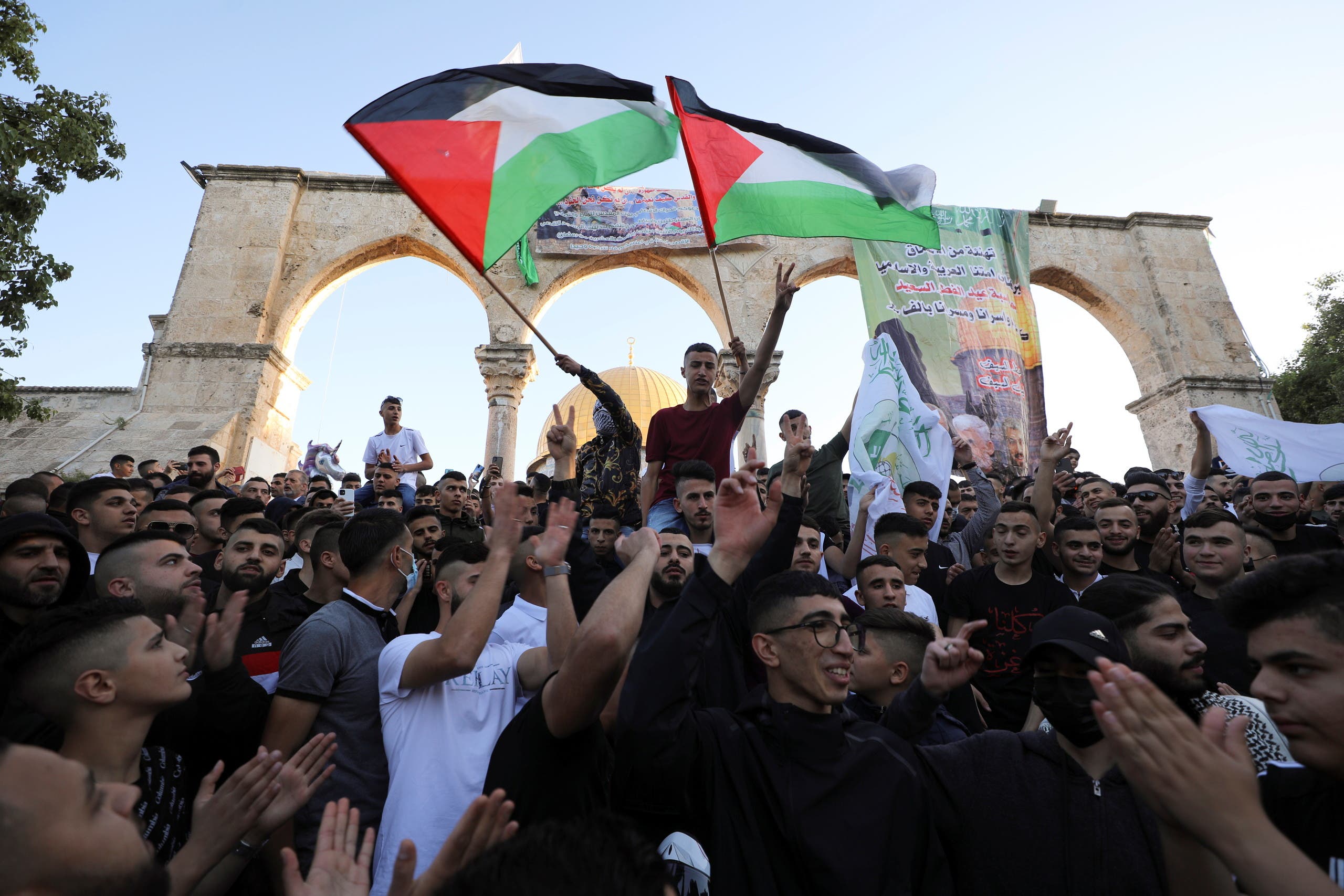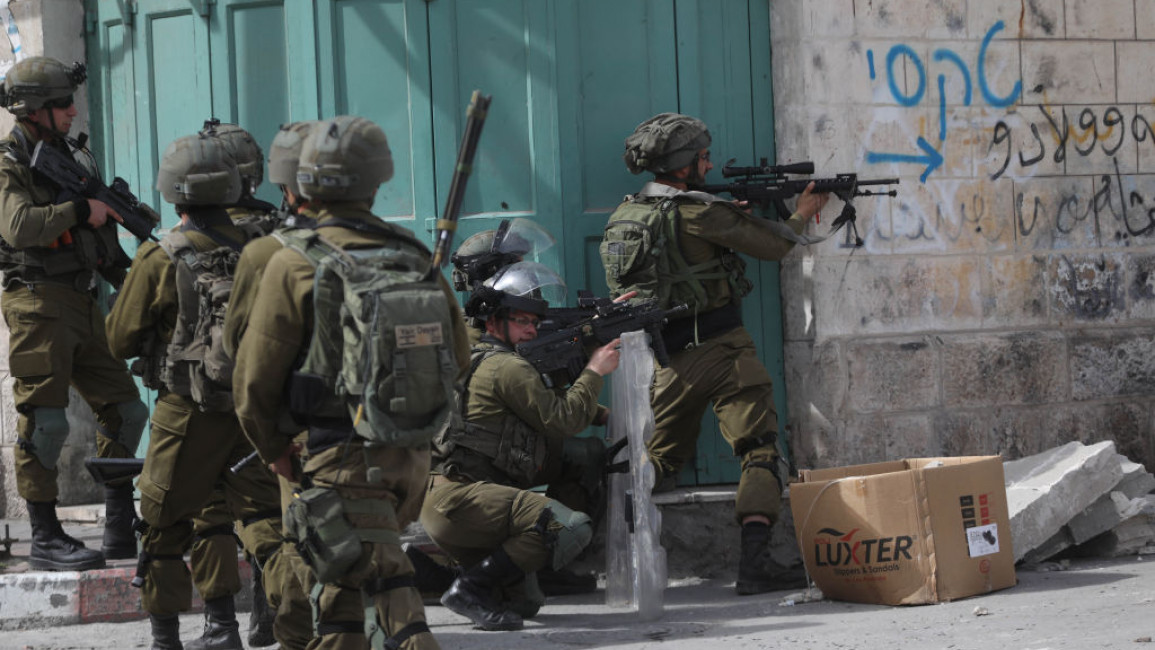UK
The joy of seeing Ramadan, Easter and Passover in one supermarket aisle
There are a number of ways to measure an inclusive, tolerant society: the ability for anyone to walk freely and safely in public; equality and opportunity in the workplace; and respect for all irrespective of, for example, skin colour, age and gender. But can the extent of a society’s inclusivity and tolerance be gauged simply by wandering around a supermarket? Most definitely.
Buying goods and services has always been an essential part of human existence, from the everyday items of food and clothing to personalised and specialist treats and luxuries. Our lives depend on the essentials, but how we fulfil ourselves depends on the broader range of items and the experience that is wrapped around them when we set out to shop.
If you go into a shop and the products and services you seek are absent, the implicit message is that the way that shop’s owners thinks about individuals is not shaped around you. You have no place in it. It shows that your needs, your lifestyle and the very essence of who you are have not been recognised and is, most likely, not valued. You are excluded. And this sort of exclusion can extend to society at large. After all, if shops in a particular country or even city do not have products you are looking for, there is a good chance this means that manufacturers, product managers, business leaders, marketeers and others have simply not considered your existence. In fact, not even your pound, dollar, dirham or rupee matters in such circumstances.
:quality(70)/cloudfront-eu-central-1.images.arcpublishing.com/thenational/GUHGZBJJKUML52USYGWI2F3WLE.jpg)
Growing up in the UK, the implicit and explicit messages I received from many people and institutions around me suggested that my ethnicity and heritage were inferior. I sometimes got the impression that I needed to hide them and even be ashamed of them. The concept of Ramadan was often considered shocking and unimaginable, while Eid celebrations were viewed as an aberration when compared to other mainstream holidays. My hunch is that friends and peers from other minority cultures, backgrounds and religions had similar experiences.
This sense of negativity and exclusion is, sadly, something that is deep rooted for so many.
Imagine, then, my delight when I recently walked into a local supermarket and noticed something I thought was profoundly beautiful. In one aisle were offerings for Ramadan, Easter and Passover all in a row, reflecting the Muslim, Christian and Jewish festivals. That is because this weekend, the Christian world is observing Easter. Ramadan is ongoing with Eid on the horizon. It's also Passover as well as Vaisakhi, which is celebrated by Hindus and Sikhs all over the world. In short, there is a confluence of faiths and festivities – each with its own unique meaning and accompanying rituals.
Being a Muslim, my heart was already bursting with delight that Ramadan was something that had been thought about, and that the practice of fasting was considered important. But I was even happier to see that other faiths were also being recognised, and happier still that these offerings had been placed right next to one another, inside a mainstream British supermarket no less.
It made me think about how in my own lifetime there's been a fundamental shift in attitudes.
Now, some might argue that this is simply the outcome of the commercialisation of religions and their festivals, and that retailers have become wise to new ways of tapping into consumer spend. There is truth to that assertion. However, it should not detract from the point that being recognised in public spaces as integral to society is important. Businesses and brands just need to be mindful that they are supporting and enhancing festivals rather than simply stripping them of meaning and turning them into shopping fests. Consumers, meanwhile, need to keep these businesses honest in doing so.
:quality(70)/cloudfront-eu-central-1.images.arcpublishing.com/thenational/MI3R7C6BDNBEHBAOMXO7A76BTU.jpg)
There is something joyful about the coming together of faiths, their representation and contribution in the public space. Too often, people of faith can face discriminations or prejudice for who they are, and sadly there is a commonality across faiths in such experiences. But in the multiplicity of religions, we should see the uniting factor of people seeking meaning in their lives as well as efforts to do good and work towards societal betterment.
Seeing them celebrated together in the public space, side by side, is a positive step towards improving and maintaining much-needed social cohesion. Religion as a concept has a place on our high streets, in our shops and in our malls. It is not something to be hidden away or ashamed of.
:quality(70)/cloudfront-eu-central-1.images.arcpublishing.com/thenational/TXV2XUY4UE52D3VFLREF7XVQGQ.jpg)
:quality(70)/s3.amazonaws.com/arc-authors/thenational/d407096a-c389-46fe-b5d7-277bfe8ada8f.png)
